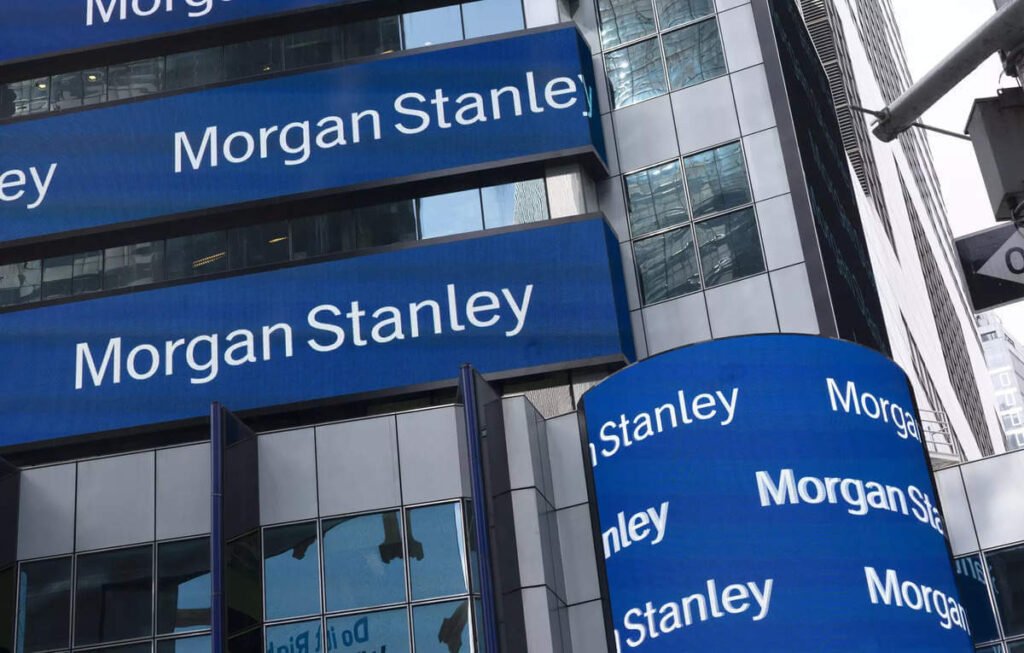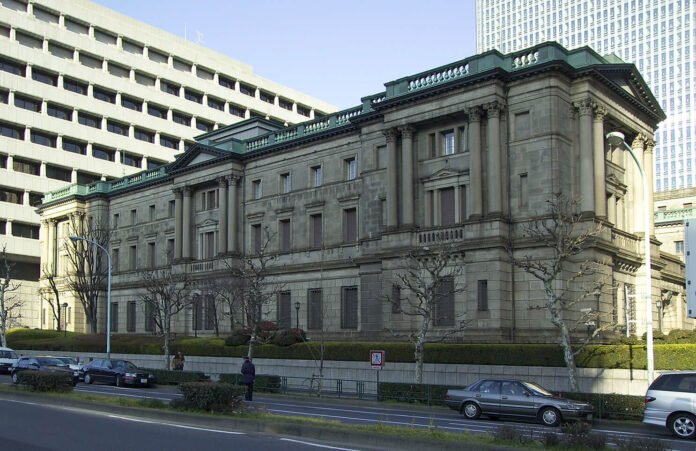Japan’s inflation rate exceeded expectations in January, strengthening the case for the central bank to abandon its negative interest rate policy in the near future. Government data released on Tuesday revealed that consumer prices excluding fresh food rose by 2% from a year earlier, aligning with the Bank of Japan’s (BOJ) inflation target. Bond yields surged following the release of the data from the internal affairs ministry, which surpassed the consensus estimate of 1.9%.

Kazuya Fujiwara, a fixed-income strategist at Mitsubishi UFJ Morgan Stanley Securities Co. in Tokyo, remarked, “The report is adding to speculation that the BOJ will end negative-rate policy as early as March and is serving as a selling catalyst for bonds.” He emphasized that the January CPI report underscores persistent inflationary pressures.
The stronger-than-expected inflation data is fueling market speculation that the BOJ is approaching its first interest rate hike since 2007, a move anticipated by a majority of central bank observers by April. Expectations of increased profitability led to gains in Japan bank shares.
Additionally, the yen slightly strengthened after the inflation release, while overnight-indexed swaps now indicate a higher probability of the BOJ abolishing its subzero rate policy by June.
Koya Miyamae, a senior economist at SMBC Nikko Securities, stated, “Today’s data are supportive of BOJ’s normalization in coming months,” noting the bank’s progress towards its price target. He highlighted factors such as the significant increase in the price of foreign travel packages, driven by a surge in tourists visiting Japan amid a weak yen, which has also elevated travel costs for Japanese travelers abroad.
Governor Kazuo Ueda expressed confidence in anchoring inflation above 2%, anticipating a positive economic cycle of prices, wages, and employment to strengthen.
Despite the optimistic outlook for inflation, current economic fundamentals necessitate cautious communication by the BOJ if it decides to raise interest rates. The economy recently slipped into a technical recession, and wage growth has lagged behind inflation, straining household budgets. Moreover, Prime Minister Fumio Kishida’s support has declined, reflecting economic challenges.
The yen’s multi-decade lows against the dollar may exacerbate import-driven inflation and further pressure consumption. While the weak currency has propelled Japanese stocks to record highs, it has not significantly improved sentiment domestically, as Japanese individuals have been less active in stock investment compared to peers in other developed economies.
The latest report showed declines in prices for electricity and gas, partly offset by government subsidies. Prices of processed food, a key inflation driver, moderated, while lodging costs continued to rise, albeit at a slower pace.
Economists and investors will closely monitor Tokyo inflation figures for February, which could provide further insight into near-term rate hike expectations as the initial impact of subsidies fades from calculations.




